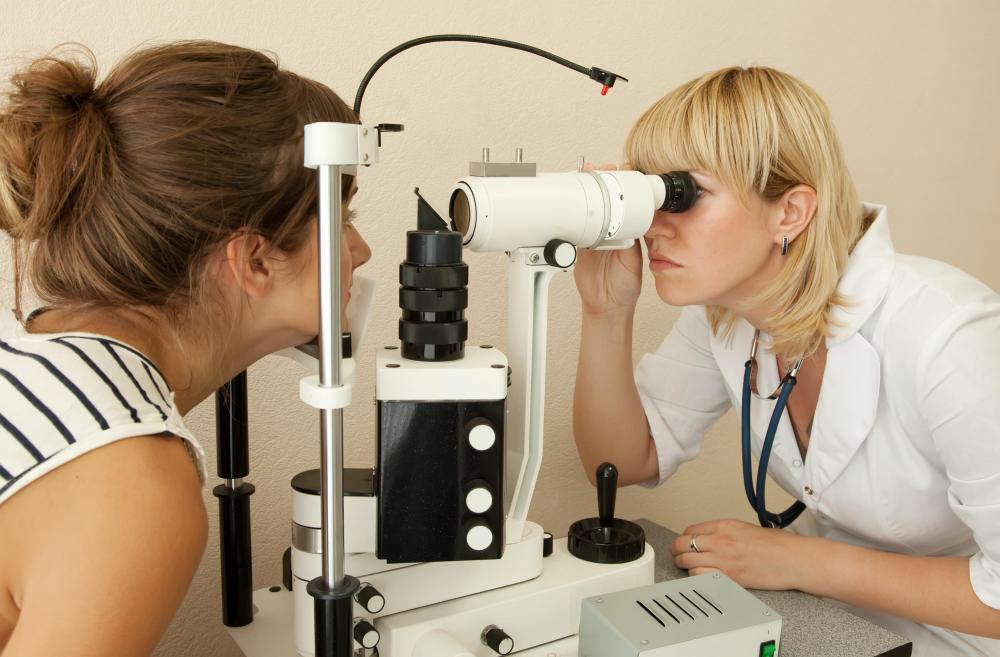At WiseGEEK, we're committed to delivering accurate, trustworthy information. Our expert-authored content is rigorously fact-checked and sourced from credible authorities. Discover how we uphold the highest standards in providing you with reliable knowledge.
What is Antabuse®?
Antabuse® is a drug used by medical professionals in the treatment of alcohol abuse and alcoholism. Also known as disulfiram, this “alcohol-sensitizing” prescription medication was the first drug approved to treat alcoholism. Antabuse® discourages drinking alcohol by causing a negative reaction to alcoholic drinks. Successful use of Antabuse® depends on several factors, including the commitment of the alcoholic to live an alcohol-free life.
This alcohol treatment drug disrupts how the body metabolizes alcohol, leading to adverse physical consequences when alcoholic beverages are consumed. A typical Antabuse® prescription recommends one pill per day. Drinking any form of alcohol while taking disulfiram pills causes a number of unpleasant symptoms, but reactions can vary in severity.

The penalties for combining alcohol and Antabuse® begin shortly after consuming an alcoholic beverage. Mild symptoms include headache, nausea, light to heavy vomiting, sweating, flushing of the skin, vertigo, and weakness. The physical conditions can last more than an hour and may continue until the alcohol is eliminated from the system. Severe symptoms include convulsions, loss of consciousness, and heart problems up to and including heart failure, which can be deadly.

Because of the side effects, treatment of alcoholism with Antabuse® must never be administered against a person’s will or without his knowledge. This alcohol abuse drug requires a patient’s agreement and cooperation, plus a strong desire to permanently kick the alcohol habit. Without a firm commitment on the part of the alcoholic, disulfiram pills may not work. The alcoholic can simply discontinue taking the pills for a week or more in order to resume drinking alcohol without symptoms.

Studies show that Antabuse® is approximately 50 percent more successful in treating alcoholism when taken regularly over several months. Some claim the higher success rate stems from behavioral changes rather than the drug itself. New behavior requires time to become habitual, so sticking with the drug for three months or longer gives the user time to develop a new pattern of behavior that excludes drinking alcohol.
Even though Antabuse® is used to treat alcoholism, it does not eliminate or even reduce an alcoholic’s cravings for alcohol. The pills use physical consequences to deter alcohol consumption but do not address the desire for alcohol. The drug naltrexone combats the physical need for alcohol and has been successful for treating alcoholics when they first quit drinking. Treatments for alcoholism have varying success rates, but the most successful programs combine drug treatment, therapy, and regular attendance at Alcoholics Anonymous and other support groups.
AS FEATURED ON:
AS FEATURED ON:













Discuss this Article
Post your comments